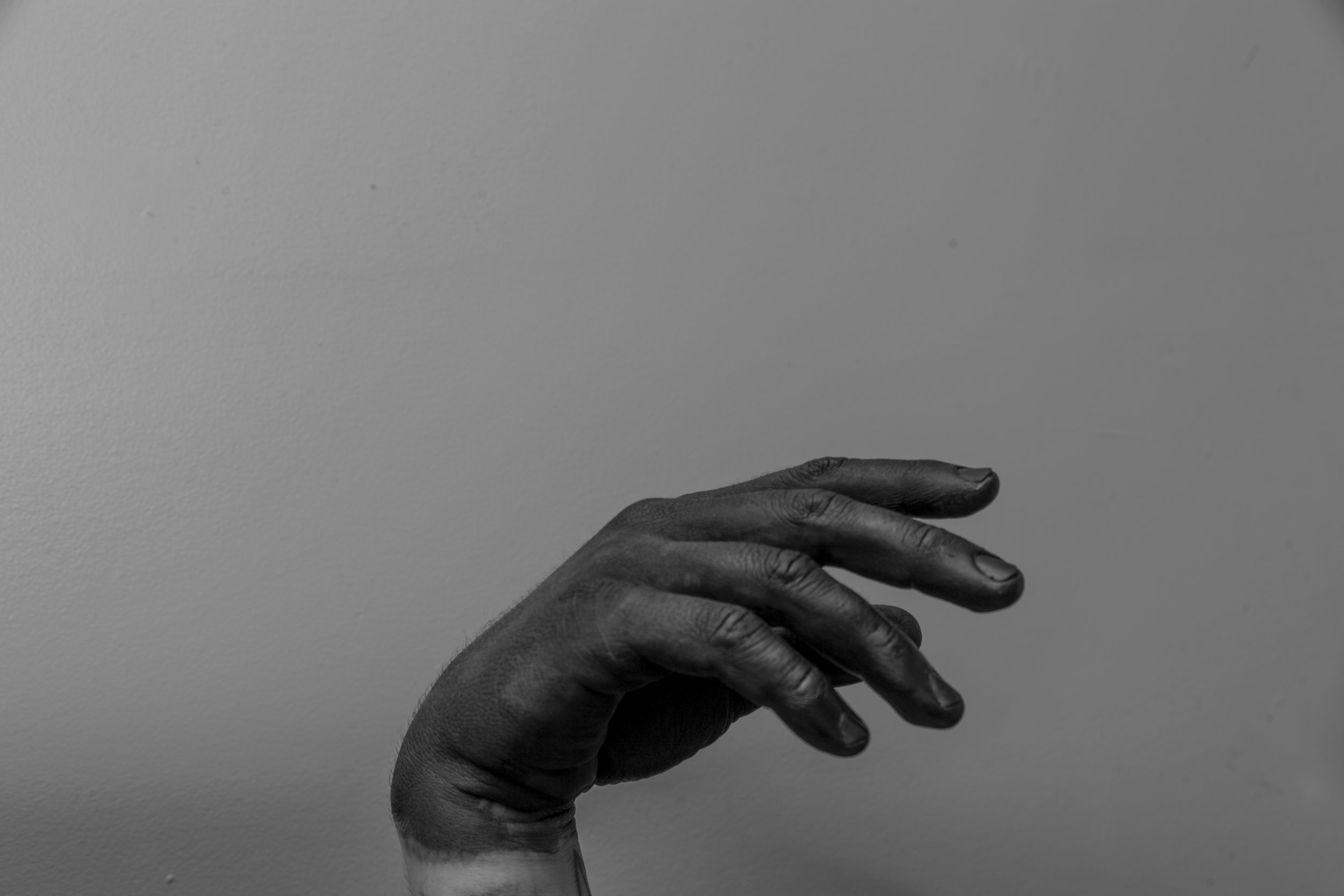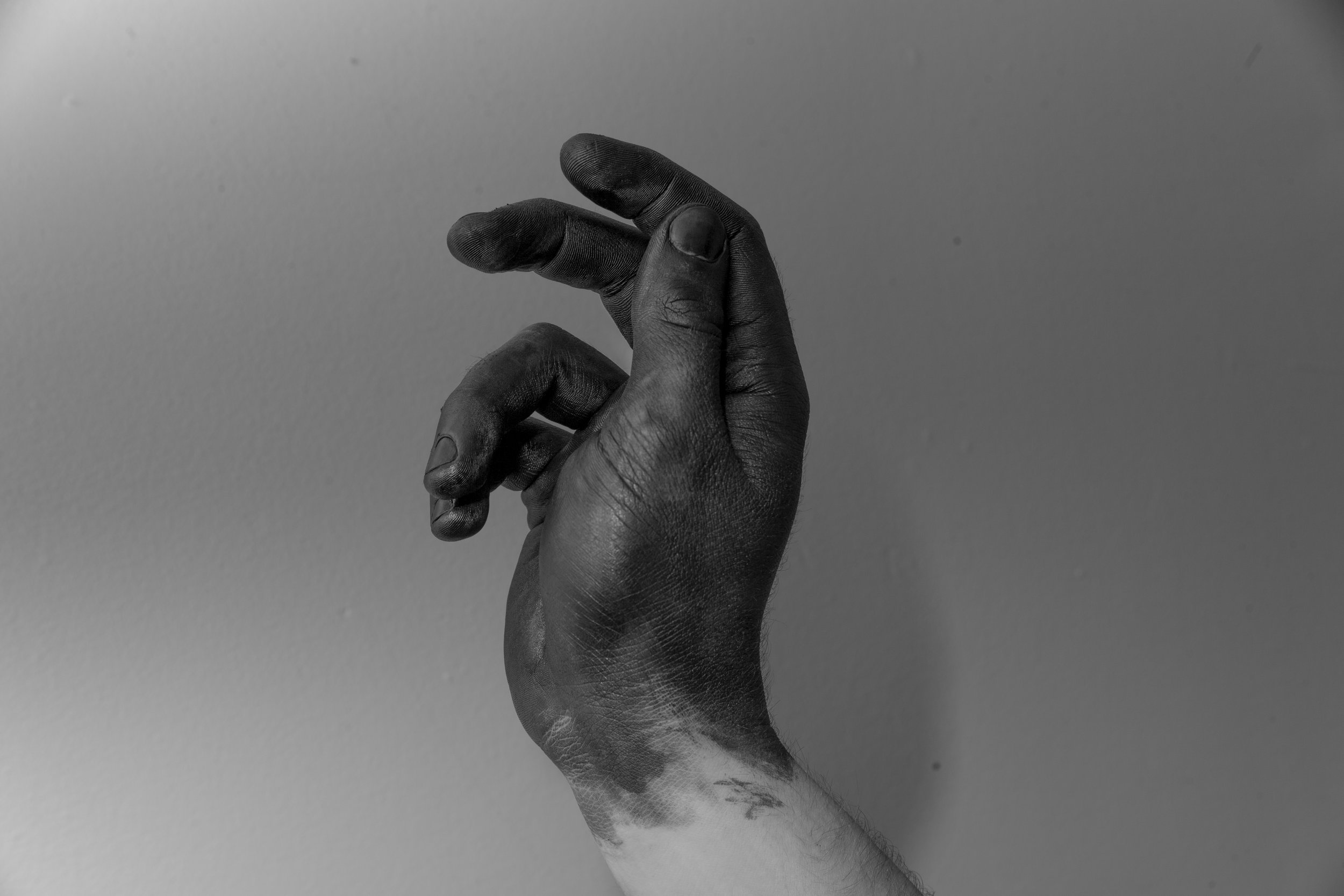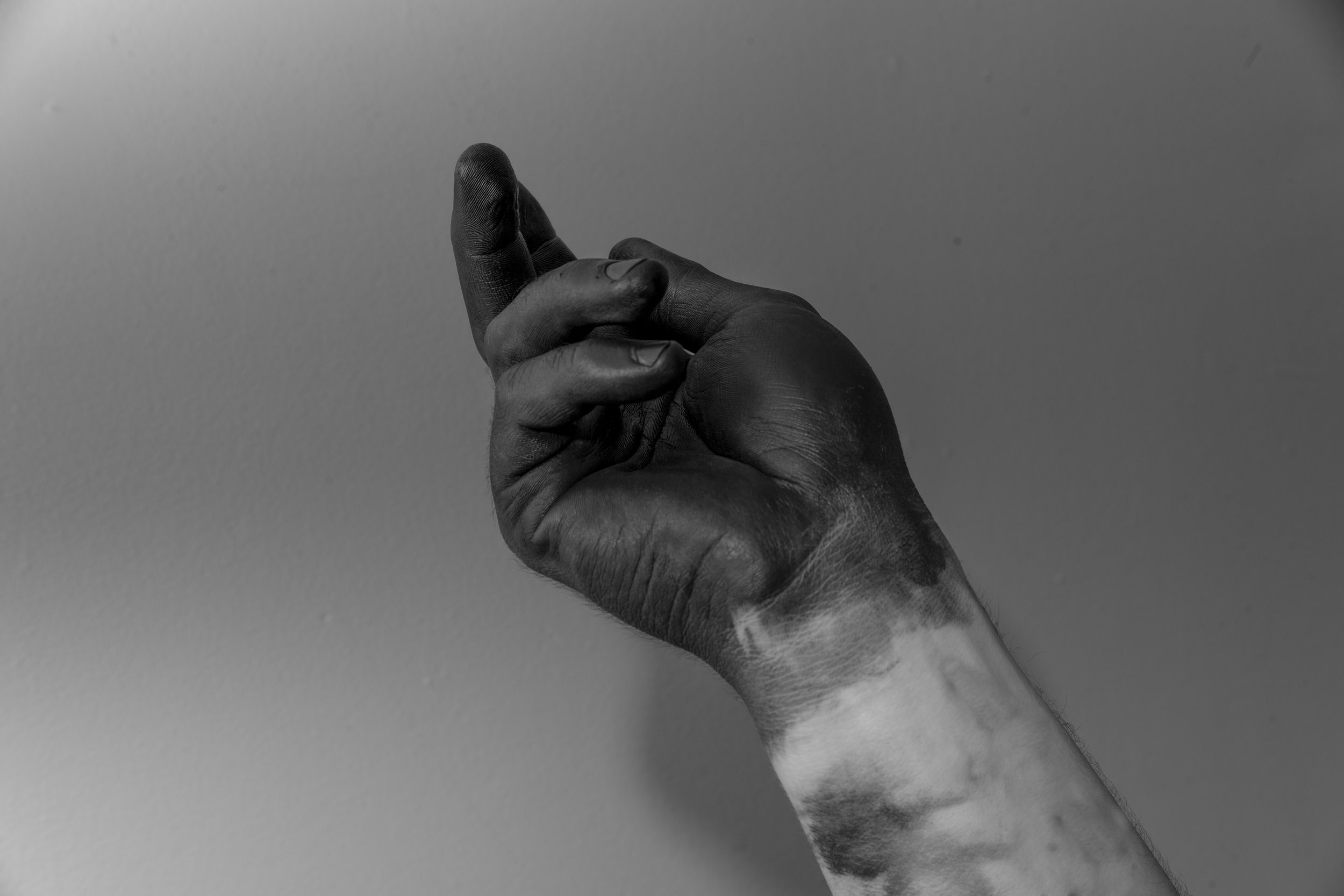A: Yes, massage therapy is generally not recommended for individuals with certain conditions such as active infections, blood clots, severe osteoporosis, or immediately after surgery. It's always best to consult with your healthcare provider if you have any medical concerns before scheduling a massage.
What is Massage Therapy?
Massage is not One Size Fits All
At Toronto Island Wellness, we offer a range of massage therapies to cater to your unique needs, whether you're seeking relief from muscle tension, stress, or recovering from an injury. Here’s an overview of the different massage types we provide:

Deep Tissue Massage
Deep Tissue Massage is ideal for those who need relief from severe muscle tension and pain. This technique focuses on reaching deeper layers of muscles and fascia (the connective tissue surrounding muscles).
Key Benefits:
- Reduces muscle tension and tightness.
- Improves blood circulation and reduces inflammation.
- Relieves chronic aches and pains, especially in areas such as the neck, upper back, lower back, and legs.
Techniques Used:
This massage employs firm pressure, slow strokes, and techniques such as trigger point therapy to release muscle knots. Breathing techniques are also incorporated to enhance relaxation and effectiveness.
Clear communication about pressure and comfort is essential to ensure the best results during your session.

Relaxation Massage
Relaxation Massage, also known as a Swedish massage, is perfect for those looking to unwind and destress. This type of massage promotes overall relaxation, reduces stress, and improves circulation.
Key Benefits:
- Calms the nervous system and reduces stress levels.
- Improves circulation and lymphatic drainage.
- Enhances flexibility and range of motion.
Techniques Used:
Utilizes gentle, flowing movements with light to medium pressure, including effleurage (long gliding strokes), petrissage (kneading), and guided breathing exercises.
Set in a soothing environment with gentle music and calming scents to enhance the relaxation experience.

Therapeutic Massage
Therapeutic Massage is a personalized approach designed to address specific pain points and aid in recovery from injuries or chronic conditions. It's ideal for those needing targeted relief and rehabilitation.
Key Benefits:
- Addresses specific muscle issues and injuries.
- Improves mobility and function.
- Aids in recovery from both acute injuries and chronic conditions.
Techniques Used:
A combination of manual techniques, including myofascial release, assisted stretching, strengthening exercises, and tailored home care advice to maintain progress outside of sessions.
Massage Therapy Prices
| Massage Type | Price (30 minutes) | Price (60 minutes) | Price (90 minutes) | |
|---|---|---|---|---|
| Deep Tissue Massage | 71.30 CAD | 127.30 CAD | 186.30 CAD | |
| Relaxation Massage | 71.30 CAD | 127.30 CAD | 186.30 CAD | |
| Therapeutic Massage | 71.30 CAD | 127.30 CAD | 186.30 CAD | |
| Home Visit Massage (Toronto or Kitchener) | In-home session, travel included within the service area. | N/A | 180.00 CAD | 220.00 CAD |
Home Visit Massage (Toronto & Kitchener)
For days when getting to the island or clinic feels like too much, you can still receive care where you are. I offer in-home massage appointments in both Toronto and Kitchener.
- Toronto: Wednesday morning, Saturday morning
- Kitchener: Wednesday night, Thursday morning
Home visits are available in 60-minute and 90-minute appointments.
To book a home visit: email OliverBeeRMT@gmail.com or text 519-500-0512.
FAQ
A: It's best to stay hydrated, avoid a heavy meal, and arrive a few minutes early to fill out any necessary paperwork and discuss any specific needs or concerns with your therapist. This will help you fully relax and get the most out of your session.
A: Communication is key. Let your therapist know about any areas of discomfort, your preferred pressure level, and any goals you have for the session. Relax, focus on your breathing, and allow your body to fully unwind.
A: Yes, prenatal massage can be very beneficial for pregnant women. It helps relieve tension, reduce swelling, and alleviate discomfort. However, it is important to inform your therapist about your pregnancy so they can adjust techniques accordingly and ensure your comfort.
A: While some types of massage (like deep tissue) may involve firm pressure that could be uncomfortable, the goal is not to cause pain. You should always communicate with your therapist if the pressure is too intense so adjustments can be made for your comfort.
A: Regular massage therapy can help reduce stress, alleviate pain, improve circulation, enhance immune function, and promote relaxation and well-being. It also helps with muscle recovery, flexibility, and range of motion.
A: Tipping is not mandatory, but it is appreciated as a gesture of gratitude for excellent service. The amount is entirely up to you, typically ranging from 10% to 20% of the session cost.
A: It's best to allow your body some time to rest and recover after a massage, especially if deep tissue techniques were used. Light activity is usually fine, but intense exercise should be postponed for at least a few hours to a day, depending on how you feel.
A: Yes, massage therapy can be effective in relieving tension headaches and migraines by reducing muscle tension, improving circulation, and promoting relaxation. Specific techniques like scalp and neck massages are particularly helpful.
A: Yes, it is common to feel some muscle soreness after a deep tissue massage or if it’s your first time getting a massage. This should subside within a day or two. Drinking plenty of water and gentle stretching can help alleviate any discomfort.
